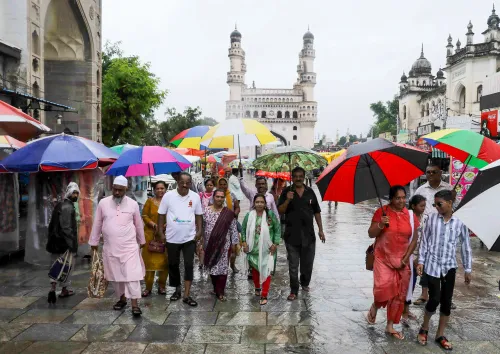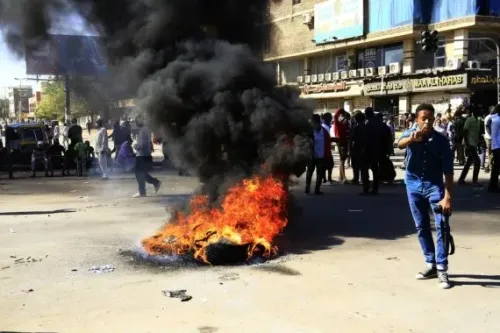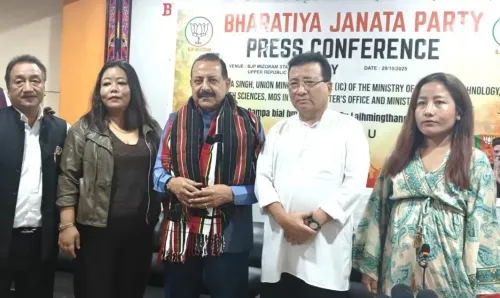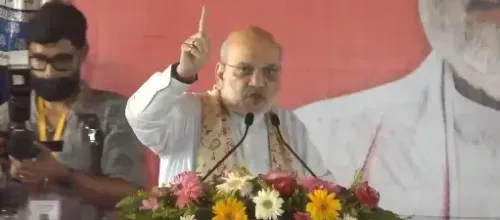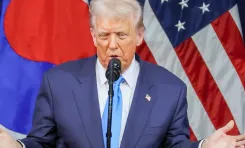Did 2010 Break Ali Merchant with Controversies and Misjudgments?
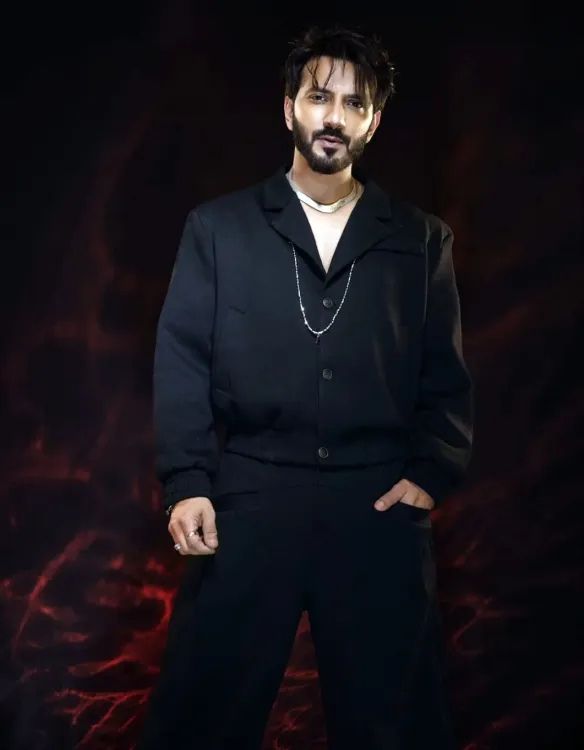
Synopsis
Key Takeaways
- 2010 was a turning point for Ali Merchant, filled with personal struggles.
- Vulnerability is a source of strength, not a weakness.
- Mental health discussions are crucial in the entertainment industry.
- Ali emphasizes the need for self-care and mental well-being.
- He encourages others to openly express their struggles.
Mumbai, May 27 (NationPress) Actor Ali Merchant, recognized for his appearances in web series such as Libaas and the reality show Lock Upp Season 1, opened up about a challenging period in his career during 2010, describing how the year shattered him with misjudgments and controversies.
Reflecting on this difficult time, Ali shared, “2010 broke me with wrong judgments and controversies. I lost shows, significant roles, and my sense of purpose. After starring in over 1000 episodes and playing multiple lead roles, I found myself crying while staring at the TV screen. Therapy became my salvation, as did the admission that ‘I’m not okay.’”
“Healing is not a picturesque journey; it's filled with ugly cries, setbacks, and choosing yourself even when the world demands more. However, I learned that it’s all worthwhile as something much greater is in store for you. Breakdowns are not failures; they are your soul’s plea to ‘fix me before you soar again’,” he continued.
When discussing social media trolling, Ali admitted it once impacted him profoundly. However, over time, he has found a healthier approach to managing online negativity.
The actor shared, “Trolls used to get under my skin. Not anymore! Now, I capture their most ridiculous comments, share them with my group chat for a laugh. You don't have to take on the hate from strangers who would falter if they were in your position. Block, delete, and dance it off.”
“Their words only hurt if you permit them to. Trolls are like mosquitoes, bothersome, insignificant, and often projecting their own issues,” remarked Ali.
Ali also emphasizes the necessity of discussing mental health openly, particularly in an industry that frequently stigmatizes vulnerability.
“We are performers, not machines. Yet, this industry treats admitting ‘I’m struggling’ as a career-ending statement. The reality is that vulnerability is strength. I share my therapy experiences on stage. I shed tears during interviews because the child watching me needs to understand it’s okay to not be okay. Mental health isn’t merely ‘on-trend’; it’s a matter of life and death. Silence can be deadly. It’s crucial to speak out.”
Ali revealed his conscious efforts to safeguard his mental well-being.
He stated, “Fame is loud, but your peace is deafening. I prioritize my sanity just like I prioritize my work—therapy on Mondays, no-phone Sundays, and guilt-free breaks. Success means nothing if you’re not alive to relish it. Guard your mind as if it’s the last charger left at 1 percent.”

